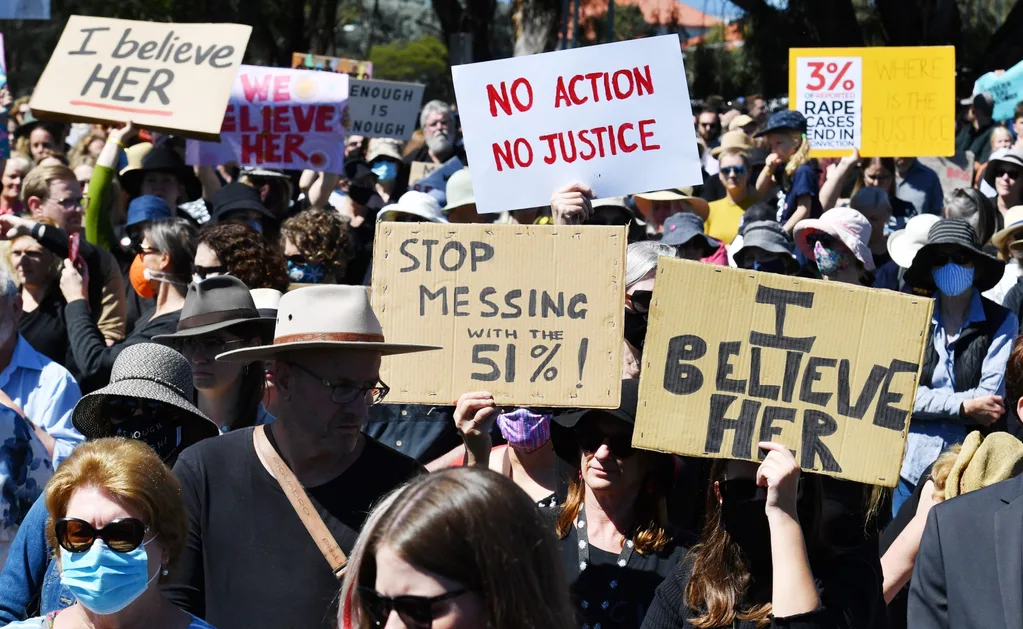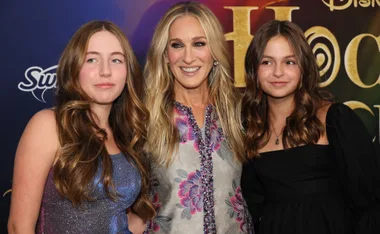Trigger Warning: this article deals with sexual harassment and assault and may be triggering to some readers.
In disturbing new data released by the Australian Bureau of Statistics, over half of Australian women have experienced sexual harassment in their lifetime.
The ABS survey confirmed 53 per cent of women (five million surveyed) had encountered sexual harassment, with comments about their body or sex life the most common complaint.
Of the alarming percentage, 30 per cent women had also experienced unwanted touching.
Almost 20 per cent of women had experienced harassment in the form of an unwanted phone call, or an indecent text, email or post. And more than 20 percent had experienced indecent exposure by a male.

To add, the report also found that 2.2 million men (25 per cent) have experienced at least one incident of sexual harassment.
Of the women and men who had experienced this, 30 per cent of women and 14 per cent of men had also experienced sexual assault.
“This is compared with 2.7 per cent of women and 1 per cent of men who had not experienced sexual harassment but had experienced sexual assault,” ABS director of the National Centre for Crime and Justice Statistics, Will Milne said.
The new report itself was based on a 2016 personal safety survey, and it showed that sexual harassment had increased between that year and the last report which was carried out in 2012.
Per the report’s notes, the increase could be down to people being more aware of what sexual harassment is, therefore, they were more likely to identify it in the survey.
That in itself is an alarming fact—if we’re now better educated on sexual harassment, so why on earth is it just as prevalent?
The confronting data comes after a landmark inquiry into the workplace culture of the Australian Parliament revealed a third of its staffers had been sexually harassed.
Led by Sex Discrimination Commissioner Kate Jenkins, the report released last week stated that parliamentary workplaces are “not safe environments for many people within them,” adding that they are “largely driven by power imbalances, gender inequality and exclusion and a lack of accountability”.
In response to the findings, Scott Morrison said he was “appalled”, but told media, “I wish I found it more surprising”.










